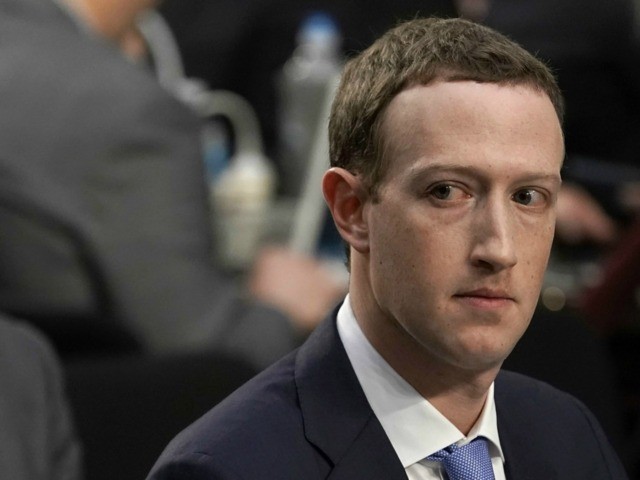The government of the United Kingdom has shelved a proposal that would have given new powers to the Office of Communications (Ofcom), to police “harmful” content online just hours after it was announced, following a backlash from big tech companies.
Tech giants have successfully delayed a proposal that would have introduced a swath of new online regulations, arguing that empowering Ofcom to police the web in the UK would have “negative impacts” on the “attractiveness” of post-Brexit Britain as a destination for innovation.
The companies argued against a clause in the government’s white paper that would have required companies to have a representative in the UK, who could face prosecution for any violations of the government’s proposed ‘online harm’ standards, according to The Times.
A final decision on the new regulations will now be postponed to the spring, meaning that many of the restrictive proposals on internet freedom may still be implemented, save perhaps the clauses that would have impacted management at the tech conglomerates.
In a white paper released today, the government said that Ofcom would focus on the spreading of “disinformation” online, citing the Russian state as a “major source of disinformation”.
“Companies will need to take proportionate and proactive measures to help users understand the nature and reliability of the information they are receiving, to minimise the spread of misleading and harmful disinformation and to increase the accessibility of trustworthy and varied news content,” said the white paper, that was launched and shelved in one day.
The government recommended that social media companies create “partnerships” with “independent fact-checking services” to combat the spread of fake news. However, the government did not give any specifics as to what it considers “disinformation”.
The government said that it will “ensure that there are safeguards” for freedom of expression online. However, the white paper also said that companies will be held responsible for “cyberbullying” and “trolling” online which it said is “unacceptable”.
“Being bullied online can be a deeply upsetting experience, particularly for children or other vulnerable users,” the paper read.
“We will give the regulator the powers it needs to lead the fight for an internet that remains vibrant and open but with the protections, accountability and transparency people deserve,” said Digital Secretary Baroness Nicky Morgan.
Julian Knight, the chair-elect of the Digital, Culture, Media and Sport Committee, called for “a muscular approach” in dealing with “harmful” content.
“That means more than a hefty fine — it means having the clout to disrupt the activities of businesses that fail to comply, and ultimately, the threat of a prison sentence for breaking the law,” he said.
Big Brother Watch, a British non-for-profit civil liberties organisation, slammed the proposed increased regulations on the internet, saying the decision “is going to be a disaster for privacy and free speech online”.
“To be clear the Government is making private companies legally responsible for what we, individuals, say to each other. This explicitly requires mass surveillance and censorship. This is going to be a disaster for privacy and free speech online.”
Follow Kurt on Twitter at @KurtZindulka

COMMENTS
Please let us know if you're having issues with commenting.